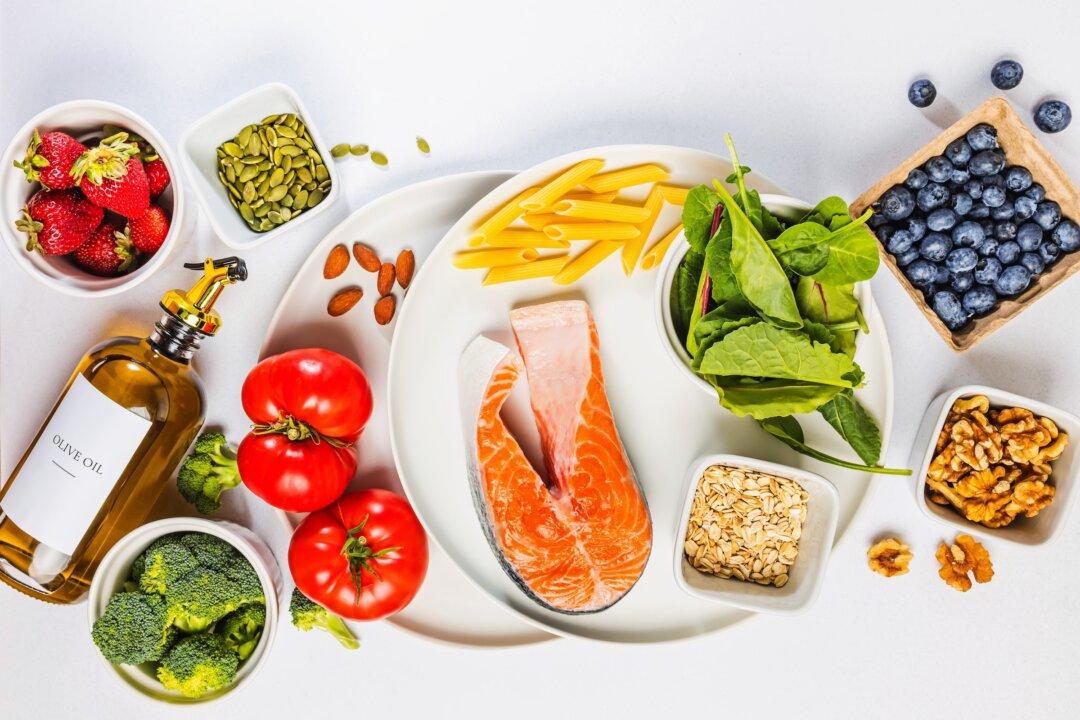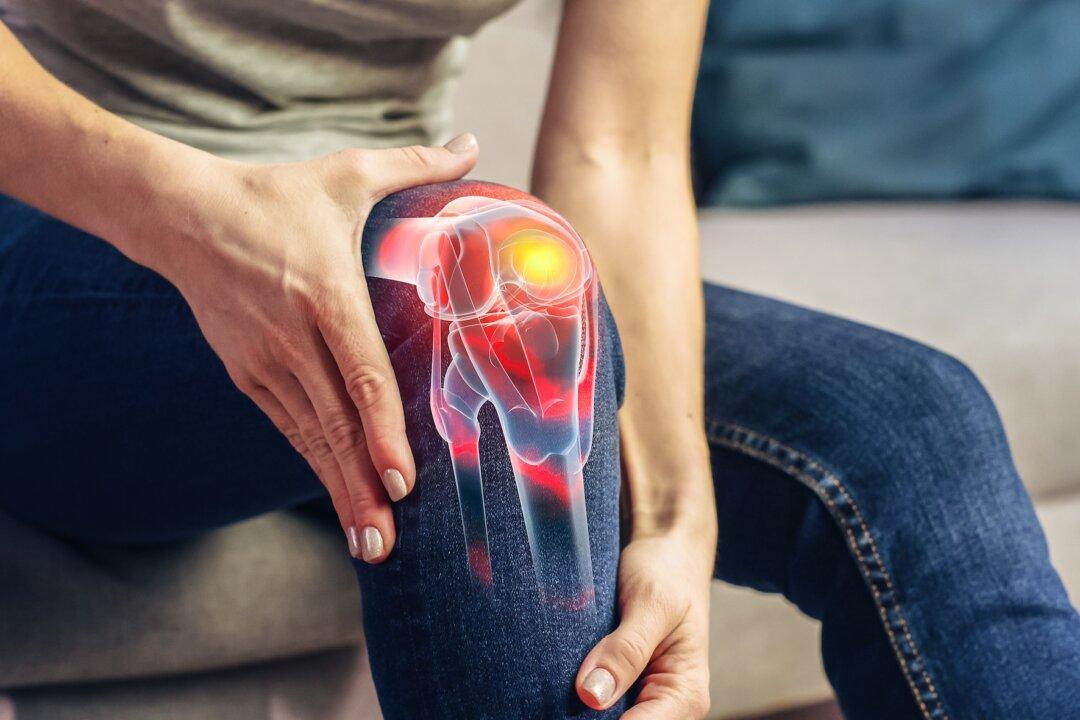A new review of studies on sugar-added foods shows that people who take in 10-25 percent of their calories from sugared beverages and foods suffer a 30 percent higher risk for heart attacks, compared with people who take less than ten percent of calories from added sugars. The review also found that:
• higher added-sugar intake was associated with increases in systolic and diastolic blood pressure of 6.9 and 5.6 mm Hg.
• the more sugared foods you eat, the higher your bad LDL cholesterol.
• sugars occurring naturally in foods, such as fruit, did not appear to increase risk for high blood pressure or heart attacks.
Another review of twelve scientifically-dependable studies involving 409,707 participants showed that sugar-sweetened beverages are associated with increased risk for high blood pressure, a major risk factor for diabetes and heart attacks.
What is High Blood Pressure?
You have high blood pressure if your systolic blood pressure is greater than 120 before you go to bed at night and just after you wake in the morning. That is when your blood pressure is at its lowest level. You may also have high blood pressure if your systolic pressure is greater than 140 after resting for 5 to 10 minutes during the day.
What Causes High Blood Pressure?
More than 90 percent of North Americans will develop high blood pressure. Kidney damage or an overactive adrenal gland can cause high blood pressure, but these causes occur so rarely that most doctors do not even order a renin level to look for kidney damage, or an aldosterone level to look for adrenal problems.
Many doctors believe that a high-salt diet is a major cause of high blood pressure, but low-salt diets reduce systolic blood pressure by less than 5 mm Hg in most adults with hypertension, and the average reduction in diastolic blood pressure associated with a low-salt diet among adults with high blood pressure is 2.5 mm Hg. Low-salt diets are associated with increased risk for death in people who also have diabetes.
The people who are most likely to get high blood pressure from taking in too much salt are those whose cells are insulin resistant. Their cells do not respond well to insulin, so the pancreas keeps on releasing large amounts of insulin to try to lower high blood sugar levels. High levels of insulin constrict arteries to cause high blood pressure. People with high insulin levels are the ones who get high blood pressure when they take in too much salt. For them, a high salt intake increases blood pressure, insulin and blood sugar.






